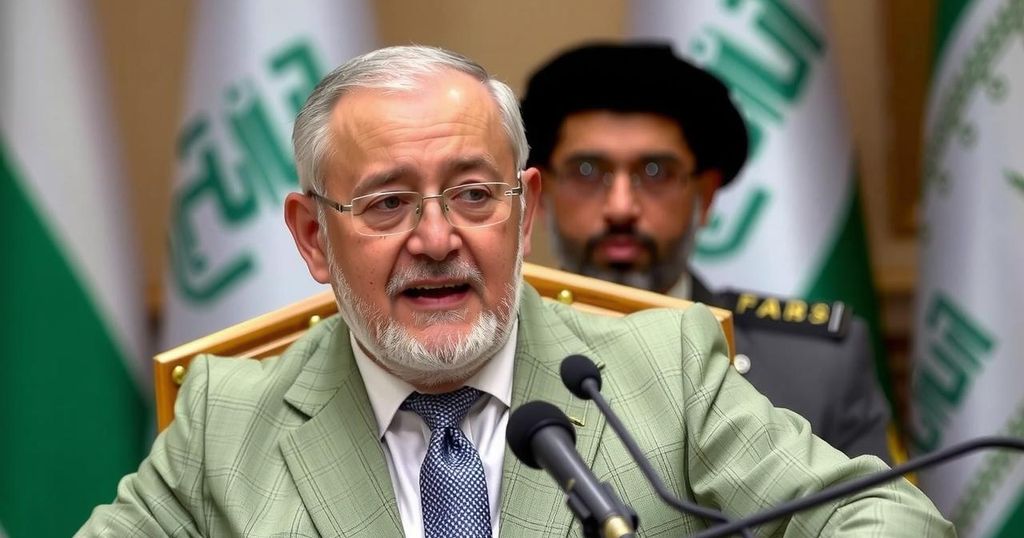A UAE official expressed concerns over the Islamist affiliations of new Syrian leaders following the ousting of Bashar al-Assad. Anwar Gargash emphasized vigilance about potential extremist influences and critiqued Israeli air strikes in the region, advocating for a more constructive approach in regional relations.
A senior official from the United Arab Emirates expressed apprehensions regarding the Islamist affiliations of the forces that recently overthrew Syrian President Bashar al-Assad. During remarks at the World Policy Conference in Abu Dhabi, Anwar Gargash, an adviser to the UAE President, acknowledged the potential for unity conveyed by Syria’s new rulers but highlighted their connections to the Muslim Brotherhood and Al-Qaeda as significant concerns. Gargash noted the need for optimism while urging vigilance due to past regional experiences with extremist groups.
The recent offensive that culminated in the ouster of Assad was led by Hayat Tahrir al-Sham (HTS), a group with ties to Al-Qaeda that many Western governments categorize as a terrorist organization, although it has attempted to moderate its public discourse. HTS has established a transitional government, promising to safeguard the rights of all Syrians and uphold the rule of law. Gargash emphasized the responsibility of the Arab world to avoid repeating historical errors in these developments.
Furthermore, Gargash criticized the recent Israeli air strikes on Syrian military sites, arguing that while they might serve Israel’s strategic interests, they represent a misguided approach to the evolving situation in Syria. He suggested that a more constructive message from Israel would be beneficial for fostering future relations, reflecting the complexities of regional politics following the UAE’s normalization of ties with Israel in 2020.
The situation in Syria has been complex and turbulent for over a decade. Following a lengthy civil war, forces aligned with Islamist ideologies have recently succeeded in toppling Assad, which has raised concerns about governance and stability in the region. This change is scrutinized not only from within Syria but also by neighboring Arab countries and global powers that fear the rise of extremist groups similar to those seen with the Islamic State in previous years. As new leaders take charge in Syria, their affiliations and political ideologies will significantly shape the future direction of the country and its relations with neighboring states.
In summary, the recent developments in Syria, marked by the overthrow of Bashar al-Assad, have elicited significant concern from UAE officials, particularly regarding the Islamist ties of the ruling forces. While there is a hopeful sentiment regarding potential unity, the historical implications of extremist affiliations lead to a cautious outlook. Additionally, the actions of Israel in response to these changes further complicate the political landscape, underscoring the need for careful diplomacy moving forward.
Original Source: www.hindustantimes.com






